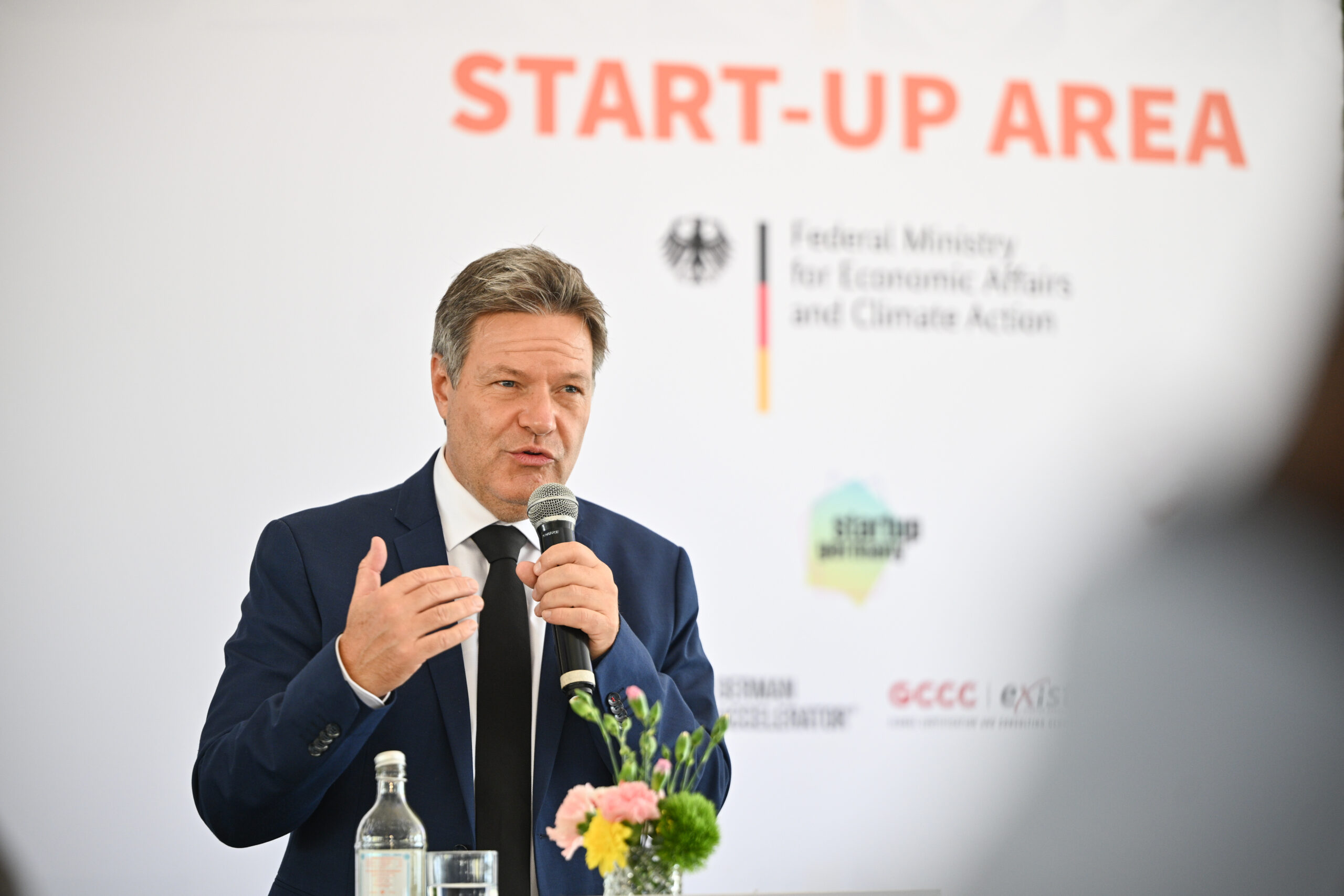
Agency Report
German Economy Minister Robert Habeck offered closer economic cooperation with African countries at a business conference in Nairobi on Tuesday, but urged countries to create better conditions for investment.
“German investors need a secure and stable investment environment,” Habeck said at the opening of the 5th German-African Business Summit in the Kenyan capital.
Better framework conditions are not only the basis for investments, but also for the lives of the people in the African countries themselves, Habeck said.
Habeck, who arrived in Kenya on Monday, pointed out the importance of economic cooperation in times of conflict and war as well as for tackling climate change.
The African continent is particularly exposed to the negative consequences of climate change, Habeck acknowledged, adding that global warming cannot be stopped, but it can be slowed down with the right action.
The German-African Business Summit, which is held every two years, is Germany’s most important business event on the African continent. This year, there are around 800 participants from 35 African countries and Germany.
Kenyan Prime Minister Musalia Mudavadi also attended.
Africa is of interest to the German economy due to its high economic dynamism. The continent has the second highest economic growth rate worldwide, after Asia, albeit starting from a low economic level.
Last year, German foreign trade with the continent reached a record volume of €61.2 billion ($64.2 billion).
On the first day of his visit on Monday, Habeck learned about the development of renewable energies and the training of skilled workers.
In Kenya alone, between 800,000 and 1 million young, mostly well-educated people enter the labour market every year, where many of them have little opportunity to progress professionally.